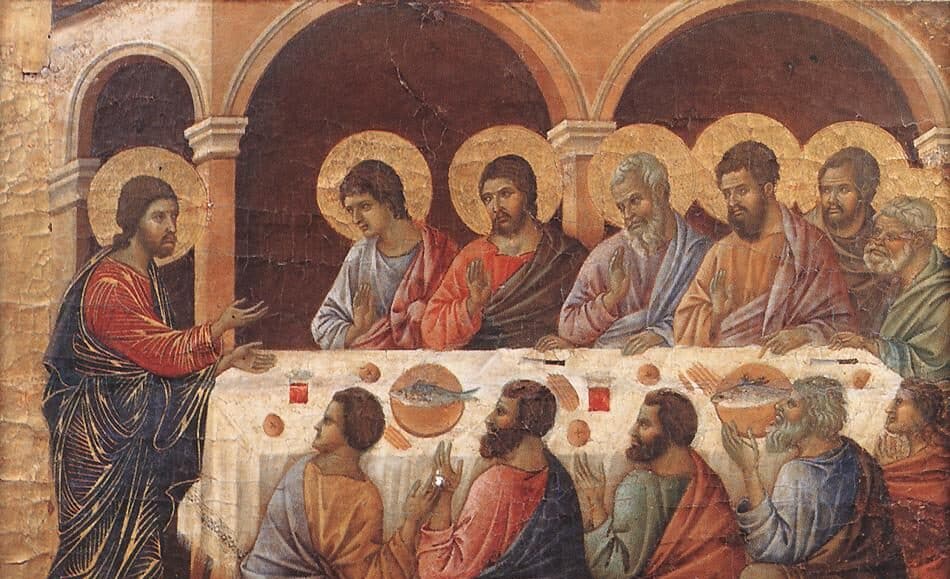Some of Jesus’ parables are long and difficult to interpret at times. But there are other times when the images Jesus uses make his teachings clear as crystal.
In Matthew’s Gospel (18:1-5), there is a teaching that was prompted by a question from Jesus’ apostles. It’s important to realize that these men had lots to learn. They were not theologians, and their knowledge of the Mosaic Law was probably limited. One thing they were interested in was their status and where they stood in Jesus’ eyes. “Who is the greatest in the kingdom of God?” They were hoping Jesus would name them to that highest position in the kingdom. They had dreams of power and prestige.
To their shock and disappointment, Jesus takes a child and stands him before the apostles. He says, in so many words, “This is what you have to become to be the greatest. You must turn and become like this little child.” Notice the word turn that the Gospel uses. Even in English, we use turn to describe significant change in something. We say, “the milk turned sour” or “the cream turned into butter.” What Jesus is saying to the apostles—and all of us—is that we must change our lives. But we have to understand what Jesus means. He is really talking about our understanding and attitude about God and our relationship with God.
Infinite Love
A child has no power, no authority, no strength, and really no achievements. Yet Jesus says we must become like a child. There is nothing a child has or can achieve that will give value to it other than itself. A child does not merit his or her parents’ love. Parents love their children unconditionally. And that is Jesus’ point. We already have God’s love before we do anything. We don’t merit God’s love.
Jesus was aiming this understanding at many of the actions and attitudes of the religious leaders. They fasted, not twice a year, but twice a week. For that they expected to be rewarded by God. They offered multiple sacrifices in the Temple. They prayed and observed the Law. Nothing that they did—or we can do—merits God’s love. God’s love is free from beginning to end.
But what about prayer, good works, and seeking to do God’s will? Yes, those are very good things. But we do not do them to obtain God’s love and blessings. We already have that love from the moment of our conception until our last breath. What this means is that all the good we do, all the prayers we say, and the sacrifices we may make are not to get something from God. Rather it is to give something to God in thanksgiving.
The good we do, no matter what form it takes, is a sharing in God’s own goodness. No wonder our lives should be driven by thanking the Lord for his love. He can’t take his loving eyes off of us even when we fail. If parents love their children without condition, imagine the infinite love of God.


